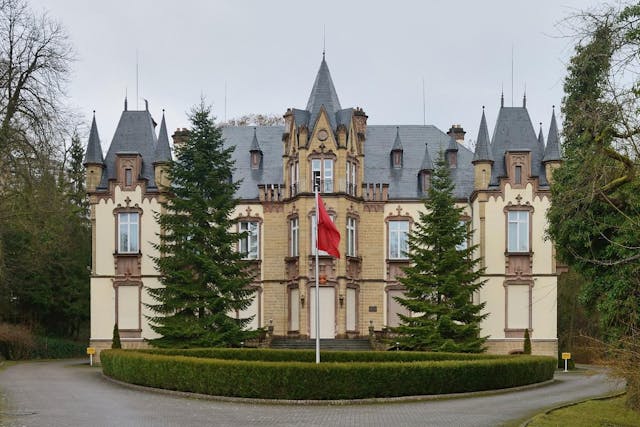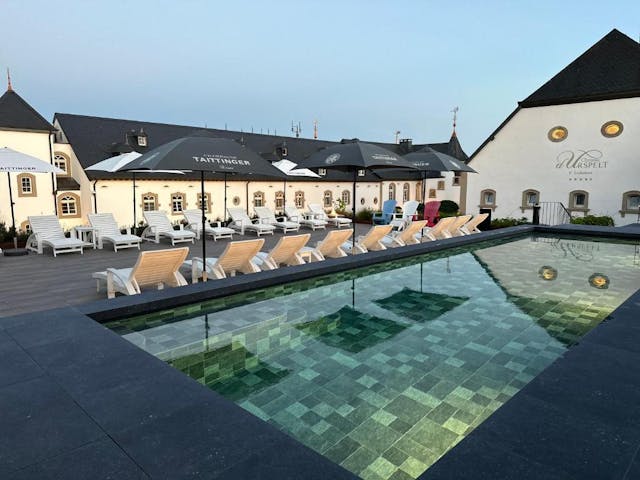Luxembourg hosted 1,018 refugees in 2024

Getty Images
On 3 February 2025, Ministers Léon Gloden, head of the Ministry of the Interior, and Max Hahn, Minister for Family, Solidarity, Cohabitation and Reception, summarised the 2024 results for immigration and asylum. Gloden noted that Luxembourg ranks 5th in Europe in terms of the number of protection applicants per capita.
In 2024, there were 1,018 adjudications for international protection (refugee status or subsidiary protection), an increase of 6 per cent compared to 2023. However, the number of applications submitted fell by 18 per cent to 2,018. At the same time, the number of refusals increased by 26 per cent (502 compared to 402 in 2023).
The number of temporary work permits (AOT) for people awaiting a decision on an application for international protection has increased significantly:
- 2024: 371 (+167%)
- 2023: 139 (+99%)
- 2022: 70
In 2024, there were 438 returns (+56% to 2023), of which 308 returned voluntarily (+86%). This indicates the development of programmes to encourage voluntary return.
95% of administrative court decisions on protection cases were in favour of the state, demonstrating the consistency of immigration policy.
A new deportation centre ("Maison retour") based at the former SHUK Kirchberg became operational on 1 September 2024. It is intended for people who are in the country illegally and those awaiting deportation under the Dublin III regulation.
The aim of the centre is to create social support for migrants before departure and to encourage voluntary return.
Léon Gloden emphasised that Luxembourg needs legal immigration to develop its economy. In 2024, the conditions for obtaining the EU Blue Card were simplified, making the country more attractive for highly skilled professionals.
Max Hahn said that Luxembourg's network of reception centres has expanded significantly. Between 2019 and 2024, the number of places has increased from 4,000 to 8,200, making the country one of the EU leaders in terms of places per capita.
However, the number of new arrivals (2,790) exceeded the number of people leaving the ONA network (2,148), resulting in increased pressure on the accommodation system. By the end of 2024, the occupancy rate of the centres was 97%.
During the year, 5 new centres were opened, with a capacity of 376 beds:
- Schimpach - 58 seats
- Esch/Alzette - 118 seats
- Ettelbruck - 149 seats
- Diekirch - 8 seats
- Hesperange - 43 seats
Additionally, existing structures were expanded.
Max Hahn thanked the 34 communes that have hosted the centres, but encouraged other municipalities to get involved: "The communes are key partners, their support is essential for successful integration".
Luxembourg continues to be one of the key reception centres for refugees in Europe, combining humanitarian assistance with a tough migration policy. The authorities endeavour to ensure decent accommodation conditions, but also to curb abuse of the asylum system. State policy aims to accelerate the integration of those with prospects of remaining and the timely return of those who are refused asylum.





